 Should executives write their own resumes?
Should executives write their own resumes?
As an executive resume writer, I run into a certain number of people who believe every job candidate, regardless of industry, should write his or her own resume. While I agree very strongly that students should write their own academic papers and college application essays, I think very differently about whether executives should write their own resumes.
Think about it. Executives are not being judged on their ability to format a beautiful document and craft powerful bullets about themselves. They have not spent years studying and practicing the art of resume writing.
What is an executive’s job?
All C-Level executives need forward-thinking strategy skills and the ability to manage and motivate teams. A CTO needs to know technology. A CFO needs to know finance. A CMO needs to know marketing. A CEO needs to implement high-level strategy; ensure that teams are functioning optimally; make key decisions that serve the best interest of both the company and its customers; keep operations running smoothly; and liaise between the board of directors and corporate operations.
Nowhere in this list is being a great writer, graphic designer, or resume bullet crafter. So why should an executive ever write his or her own resume? I can’t think of a reason. In fact, the most talented and accomplished executive could be undersold and undercut by a self-constructed resume. And isn’t an executive’s job to delegate responsibility to others rather than get caught in the weeds?
Successful executives are universally interested in leveraging their time. They do not have 10 hours to spend wrestling over how to present their accomplishments in writing. They would rather pay someone to do what that person does well, in service of a great result.
The interview question
Given all this, what should you do if you are an executive and in an interview, you are asked who wrote your resume? One hiring manager, whom I will call Mike, used that “trick” question to vet candidates. He writes,
“I found out a lot by the reaction to that question. The best response I ever heard was an unruffled ‘I contracted with someone good in that business. Look, [Mike], you are interviewing me for the Chief Technical Officer position. I care about the quality of the end result. I don’t write software as well as some of the folks in the Engineering group. I don’t write resumes as well as the service. Quality of outcome and cost count.’” Mike continues, “I’ve seen some candidates get flustered and talk in circles. I even had one candidate claim he wrote it, only to interrupt me ten minutes later to contradict himself.”
I was struck in this story by the attributes this successful candidate’s answer showed: integrity, honesty, decisiveness, the ability to stay clear under pressure, a results focus, and a commitment to finding the best people to do any job. Those are qualities I would want in an executive.
Executive responsibilities as a job candidate
Even when someone else writes your executive resume, you go through the process of getting very clear about the challenges you faced, the actions you took, and the results you achieved. That is each executive’s work to do, with the support of a resume writer if desired. My advice is to put your best foot forward, and to leverage your resources optimally to do that.
What do you think about executives writing their own resumes? Do you have any other favorite, revealing interview questions you want to share? Please comment below!


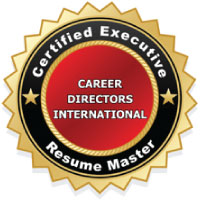
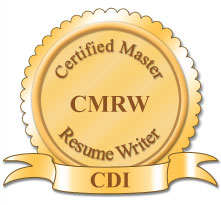
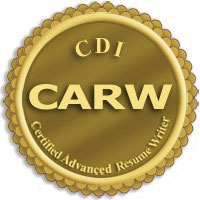
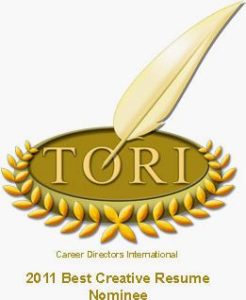
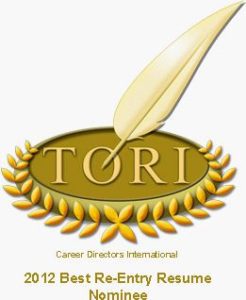
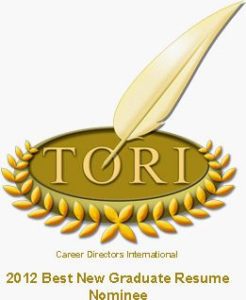
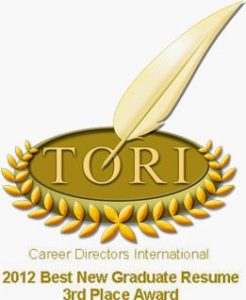
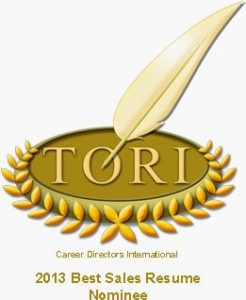
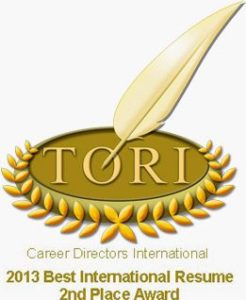
Excellent post, Brenda! You laid out the argument beautifully, and the example was perfect.